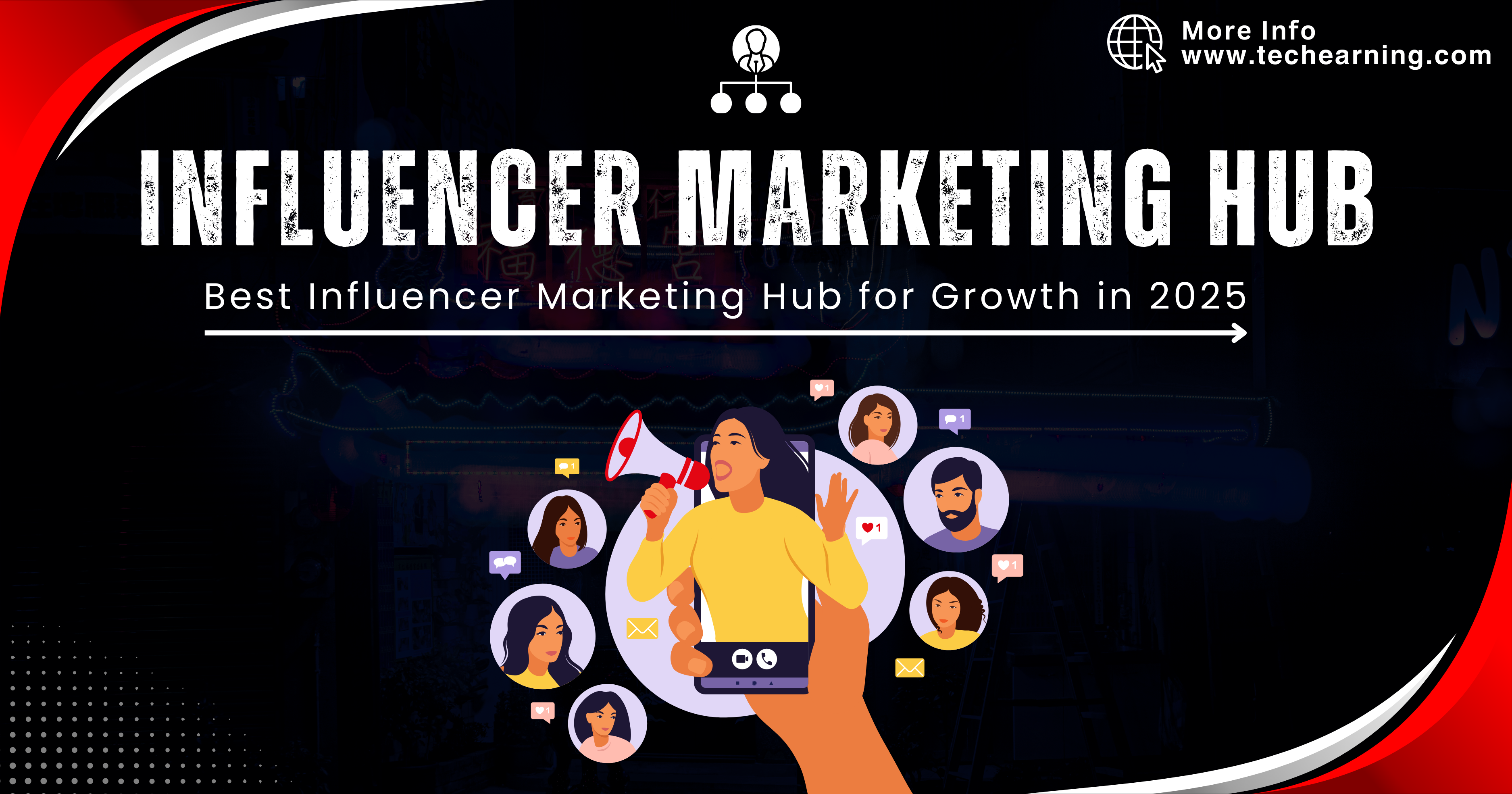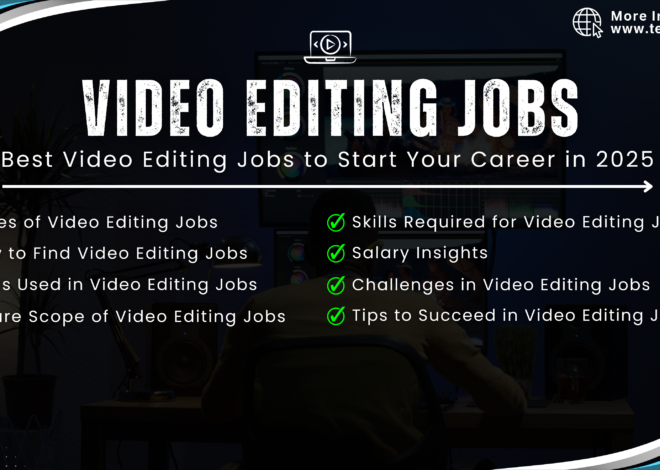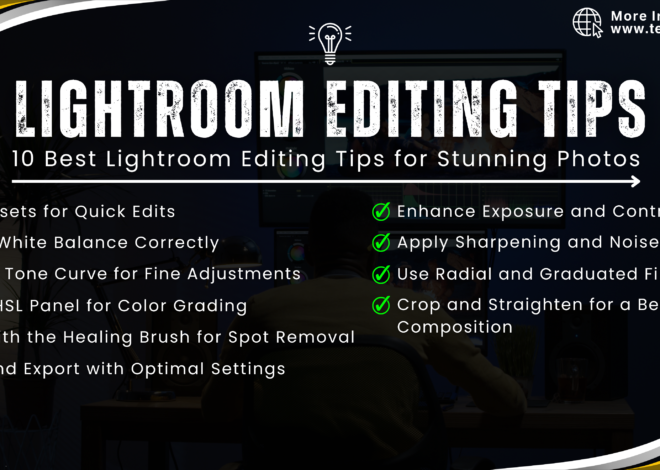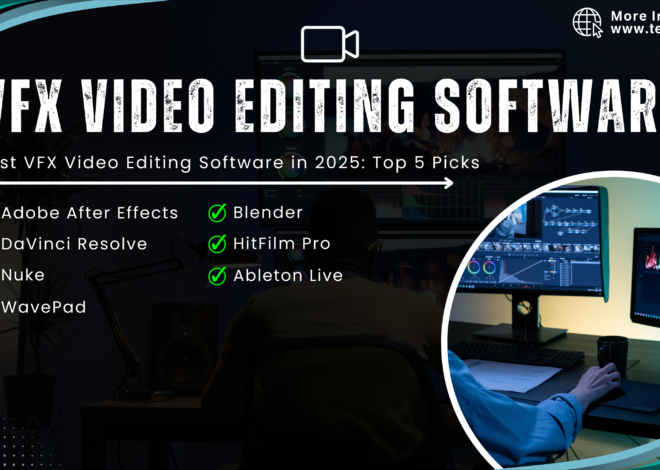
Best Influencer Marketing Hub for Growth in 2025
Influencer Marketing Hub: The Ultimate Guide for 2025
Influencer marketing has revolutionized the way brands connect with their audience. The Influencer Marketing Hub serves as a central platform where brands, marketers, and influencers collaborate to create impactful campaigns. Whether you’re a business owner, marketer, or aspiring influencer, leveraging an influencer marketing hub can enhance your marketing strategy significantly.
What is an Influencer Marketing Hub ?
An influencer marketing hub is a digital platform that connects brands with influencers to streamline collaborations. These hubs offer tools for campaign management, influencer discovery, analytics tracking, and ROI measurement.
Why is an Influencer Marketing Hub Important in 2025 ?
The demand for influencer marketing continues to rise, with brands investing heavily in this domain. A dedicated hub provides:
- Access to Verified Influencers: Ensuring brand safety and authenticity.
- Advanced Analytics: Tracking campaign performance effectively.
- Seamless Collaboration: Simplifying communication between brands and influencers.
- Cost Efficiency: Eliminating unnecessary expenses in influencer outreach.
- Enhanced Brand Credibility: Partnering with trusted influencers builds consumer trust.
- Increased Conversions: Authentic endorsements drive better engagement and sales.
Top Features of an Influencer Marketing Hub
A high-quality influencer marketing hub should include:
- Influencer Discovery Tool: Find influencers based on niche, engagement rate, and audience demographics.
- Campaign Management System: Organize and monitor ongoing marketing campaigns.
- Performance Analytics Dashboard: Track key performance indicators (KPIs) such as engagement, reach, and conversions.
- Content Approval Workflow: Ensure all brand-related content aligns with marketing guidelines.
- Automated Payment System: Handle influencer payments securely and efficiently.
- Fraud Detection Tools: Identify and avoid influencers with fake followers or low engagement.
- AI-Powered Insights: Get automated suggestions for the best-performing influencer strategies.
How to Choose the Right Influencer Marketing Hub ?
When selecting an influencer marketing hub, consider:
- Ease of Use: The platform should have a user-friendly interface.
- Influencer Database Size: A larger network offers more collaboration opportunities.
- Pricing Plans: Compare pricing structures to match your budget.
- Integration with Social Media Platforms: Ensure compatibility with Instagram, YouTube, TikTok, and other channels.
- Customer Support: Responsive support helps resolve technical issues promptly.
- Customization Options: The ability to tailor campaigns based on specific brand needs.
- Scalability: A platform that grows with your brand’s evolving marketing strategies.
Best Influencer Marketing Hubs in 2025
Here are some of the top influencer marketing hubs that can elevate your brand’s reach:
- Upfluence: Offers AI-powered influencer search and analytics.
- Heepsy: Provides a detailed database for influencer vetting.
- Traackr: Focuses on data-driven insights and campaign tracking.
- Grin: Ideal for e-commerce brands looking for influencer partnerships.
- CreatorIQ: Trusted by enterprises for large-scale influencer campaigns.
- Klear: Best for social listening and influencer relationship management.
- Afluencer: Great for small businesses and startups looking for affordable solutions.
Benefits of Using an Influencer Marketing Hub
Brands leveraging an influencer marketing hub experience:
- Increased brand visibility and engagement.
- Better targeting with niche influencers.
- Time and cost savings on influencer collaborations.
- Higher ROI with data-driven campaign management.
- Simplified communication and workflow automation.
- Improved content quality with influencer expertise.
- Faster brand growth through authentic recommendations.
Future Trends in Influencer Marketing Hubs
As influencer marketing evolves, expect to see:
- AI-driven influencer recommendations.
- Enhanced fraud detection to prevent fake engagement.
- Deeper integration with e-commerce platforms.
- Real-time campaign performance tracking.
- Blockchain-based transparency in influencer payments.
- Personalized marketing strategies using audience insights.
Case Study: How Brands Achieved Success Using an Influencer Marketing Hub
Many brands have leveraged influencer marketing hubs to drive revenue growth. For instance:
- Brand X: Increased engagement by 70% through micro-influencers.
- Company Y: Boosted sales by 50% using data-driven influencer strategies.
- Startup Z: Gained 100K+ new followers by partnering with niche influencers.
- Retailer A: Used AI insights to select the right influencers, resulting in a 3X ROI.
- E-commerce Brand B: Increased conversion rates by 40% by working with social media influencers.
These success stories highlight how businesses, regardless of size, can harness influencer marketing hubs for exponential growth.
Challenges in Influencer Marketing and Their Solutions
Despite its benefits, influencer marketing comes with challenges:
- Fake Followers & Engagement: Use AI-powered tools to verify influencer authenticity.
- High Costs: Collaborate with micro-influencers for cost-effective campaigns.
- Measuring ROI: Implement advanced tracking and analytics tools.
- Content Authenticity: Allow creative freedom while maintaining brand guidelines.
- Changing Algorithms: Stay updated with platform changes to ensure continued success.
- Finding the Right Influencer: Use data-driven tools to match your brand with suitable influencers.
- Compliance & Legal Issues: Ensure that all influencer agreements meet advertising regulations.
How to Get Started with an Influencer Marketing Hub
Getting started with an influencer marketing hub is simple:
- Define Your Goals: Establish clear objectives, such as brand awareness, sales, or engagement.
- Choose the Right Platform: Select a hub based on your business needs and budget.
- Find the Right Influencers: Use AI tools to identify influencers who align with your brand.
- Develop a Campaign Strategy: Plan content themes, messaging, and campaign duration.
- Monitor Performance: Use analytics tools to track engagement, conversions, and ROI.
- Optimize for Better Results: Analyze data and refine your influencer marketing strategy for maximum impact.
Conclusion
An influencer marketing hub is a game-changer for brands looking to leverage influencer collaborations efficiently. With the right platform, businesses can scale their marketing strategies, enhance brand awareness, and drive higher conversions.
Explore our home page for more digital marketing insights !


